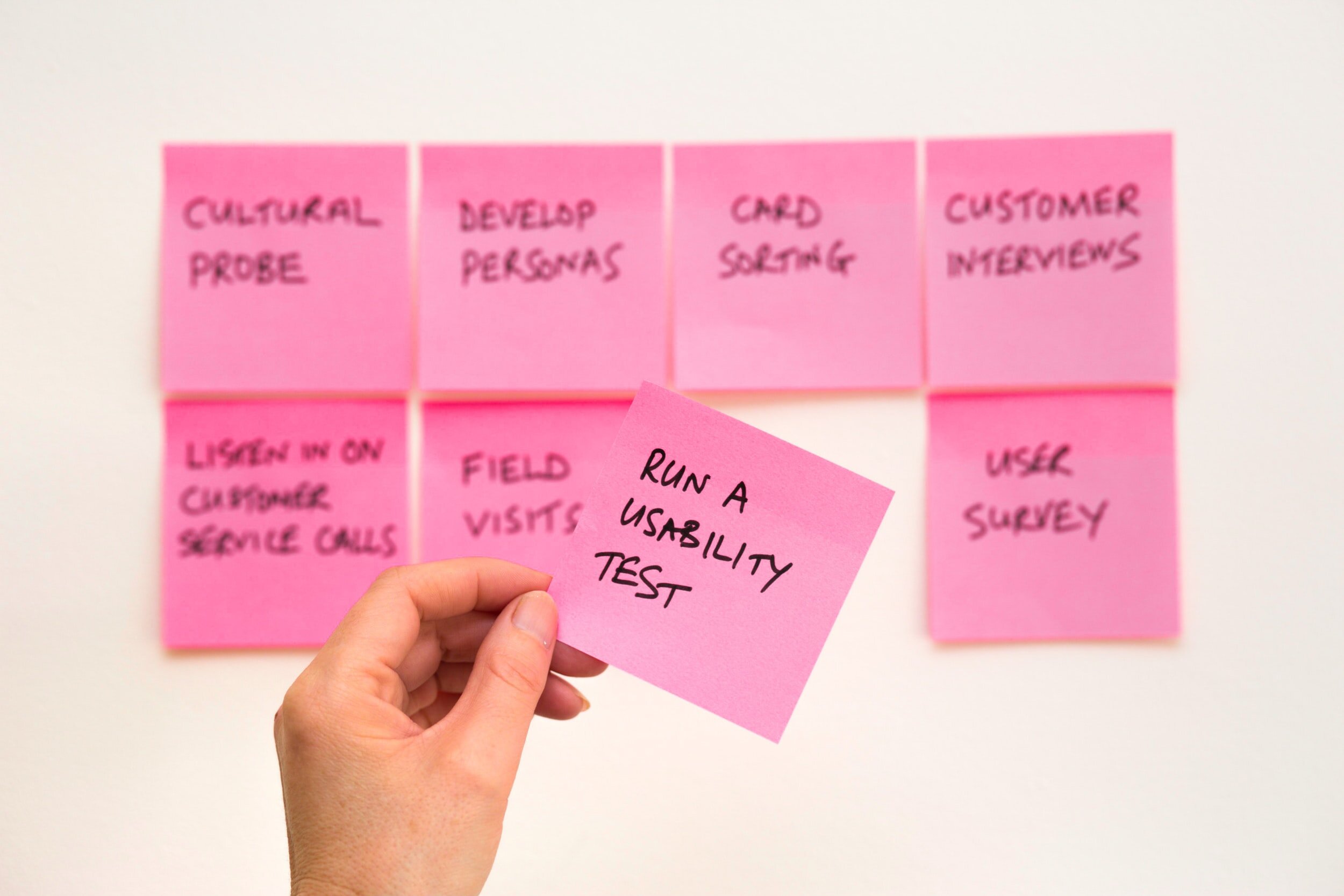How to Learn a New Skill in 20 Hours!
I believe in 2 different approaches when it comes to skill learning — you either want to learn 80% of what there is to learn, or you want to get to 95%. Even though these numbers differ only by 15%, what you must dedicate to reach those levels is not linear. You might only need 20 hours to get to 70% and 5,000 hours to reach the 90%. For most of the skills I've acquired, my intention was not to reach high levels of mastery. I feel pretty good only reaching a decent level of mastery (50-80%) and saving a lot of time in the process.
You must first ask yourself: What am I looking for by learning this skill? If you intend to become a professional video editor and make a career with it, stick to high levels of mastery. But, if, just like me, your goal is to make a few basic cuts, you don't need a lifetime. In fact, you might only need 20 hours.
The author of The Fist 20 Hours, Josh Kaufman, is an example of this: he learned programming, yoga, touch typing, Go, ukulele and windsurfing... in 20 hours. As you might expect, Josh is (probably) not able to win a windsurfing competition or a hackathon. But that wasn't his goal either way. His main goal with learning how to program was to avoid the crash that happened when many people visited his website. So that’s exactly where he focused his attention.
Still, why do most people fail to reach a basic level of proficiency in any skill?
From what I've observed (and experienced), it's not a lack of talent that leads to failure. It's a lack of clarity. If you have not defined a clear goal, how can you know you have failed or succeeded? You can't. So, the first question you must always ask yourself is this: What am I looking for by learning this skill?
“The amount of time it will take you to acquire a new skill is largely a matter of how much concentrated time you’re willing to invest in deliberate practice and smart experimentation and how good you need to become to perform at the level you desire.”
If I am clear about my intention to reach a basic level of video-editing, enough to make a couple of cuts, add a few transitions and titles, I will not feel frustrated when comparing my abilities with a professional video editor. Why would I? Our goals are very different! Always start by defining your clear intention, only then you can focus on the strategy! Learning how to learn is an art by itself, and the sooner you master the process, the sooner you will rip the benefits in many areas of your life.
4 Steps to Learn a New Skill in 20 Hours!
1) Deconstruct a skill in smaller subskills
This step can demystify the idea of complexity in the process of acquiring a skill as it will help you establish the simple things you have to learn to improve your skill level. To deconstruct a skill, I usually use different resources: a google search, books or reaching out to people who have learned the skill.
2) Focus on understanding the basics of each subskill
Now that you have a list of subskills to learn, pick a couple of them and understand what is required of you to learn. If you're learning Adobe Premiere, it helps to get familiarized with the basics tools of the software. Here you can find some tips to learn things faster!
3) Remove all the barriers keeping you from practising
You might have a perfectly well-established goal, all the necessary equipment, and a strong will to improve. But if every 3 minutes you get distracted and interrupt your practice, you might not expect much progress. Put your phone in silence mode, or do what I do, placing my phone in another division to guarantee I won't grab it. Ask people not to interrupt you. Turn off your WIFI, if necessary.
4) Commit to practising the most important subskills for 20 hours
There is no progress without practice. Practising is the time when you can finally get your hands dirty and improve your abilities. Set the intention of maximizing the time you are dedicating to practising by eliminating all the distractions and giving all your energy to that task. You will surely make progress much faster. Here's a quick formula to understand how many days it will take you to learn a new skill:
(20 minimal hours of practice) / (daily number of hours of practice)
= (number of days it will take you to learn a new skill)
What if you decided to reach a higher level of skill? Turn it into an UltraLearning Project!
Learning a skill is always a time-consuming process, and unfortunately, many people avoid it altogether because of the fear of failure, frustration, or incompetence. But I can tell you one thing: the sooner you embrace the feeling of being incompetent in something new, the sooner you will get out of it.


